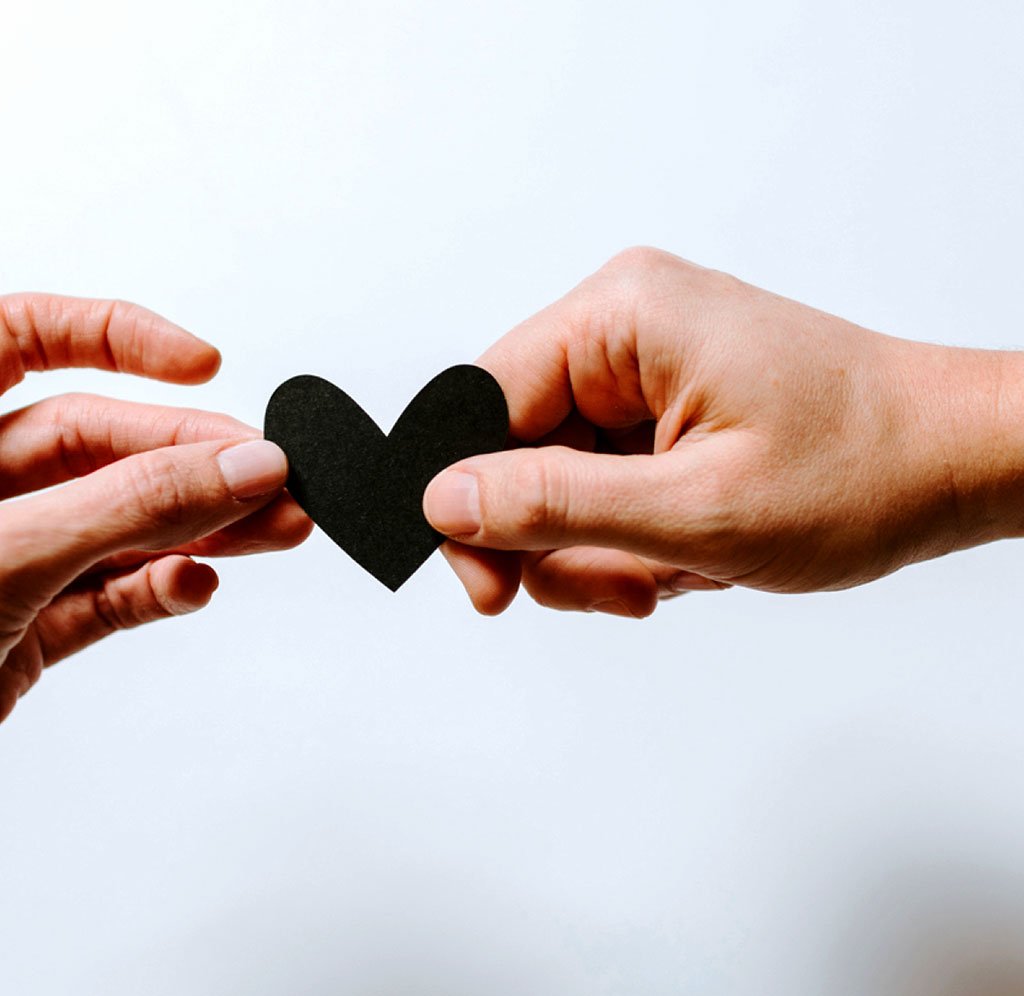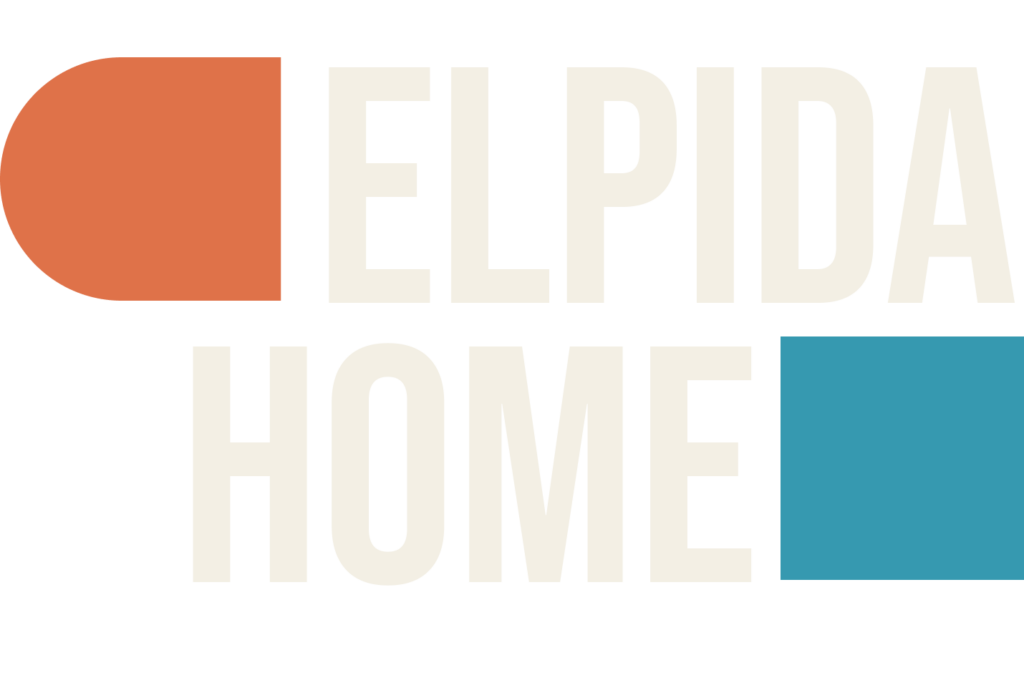Despite this failure, the Elpida Home for Refugees, located near the industrial Center of Thessaloniki, Greece, provides a model for the future. Elpida, which means “hope” in Greek, managed to bridge the gap between inhumane refugee policies and the humane treatment of refugees. The center was founded by American philanthropist Ahmed Khan in partnership with the Radcliffe Foundation and the Greek Ministry of the Interior as an experiment in refugee assistance.
The Ministry donated an abandoned textile factory to the cause when presented with the concept for Elpida: to provide refugees the independence and services they need to continue their lives. The 6,000 square-meter space was converted into 140 residential units, each for six people or less, with shared bathrooms and a communal kitchen, allowing residents to enjoy private space, prepare meals and participate in the community.
The Elpida Home for Refugees is based on the idea that refugees need assistance from the bottom-up instead of from the top-down as is provided elsewhere. Top-down assistance means asylum seekers receive a small designated space in an overcrowded, often outdoor facility, with limited access to proper nutrition, hygiene and medical care. In these scenarios, typical of most refugee camps, residents are entirely reliant on the government or NGO who operates the camp.
Alternatively, the bottom-up care provided by the Elpida Home for Refugees allows its residents to utilize the tools made available by the organization, such as access to medical care, education, and their own personal rooms, to reclaim their lives and become independent.
The cooperation between the Greek government and the Radcliffe foundation can easily be replicated by other countries and organizations and then even more asylum seekers may find Elpida’s “hope” when they are most vulnerable.
Source: Borgen Project



